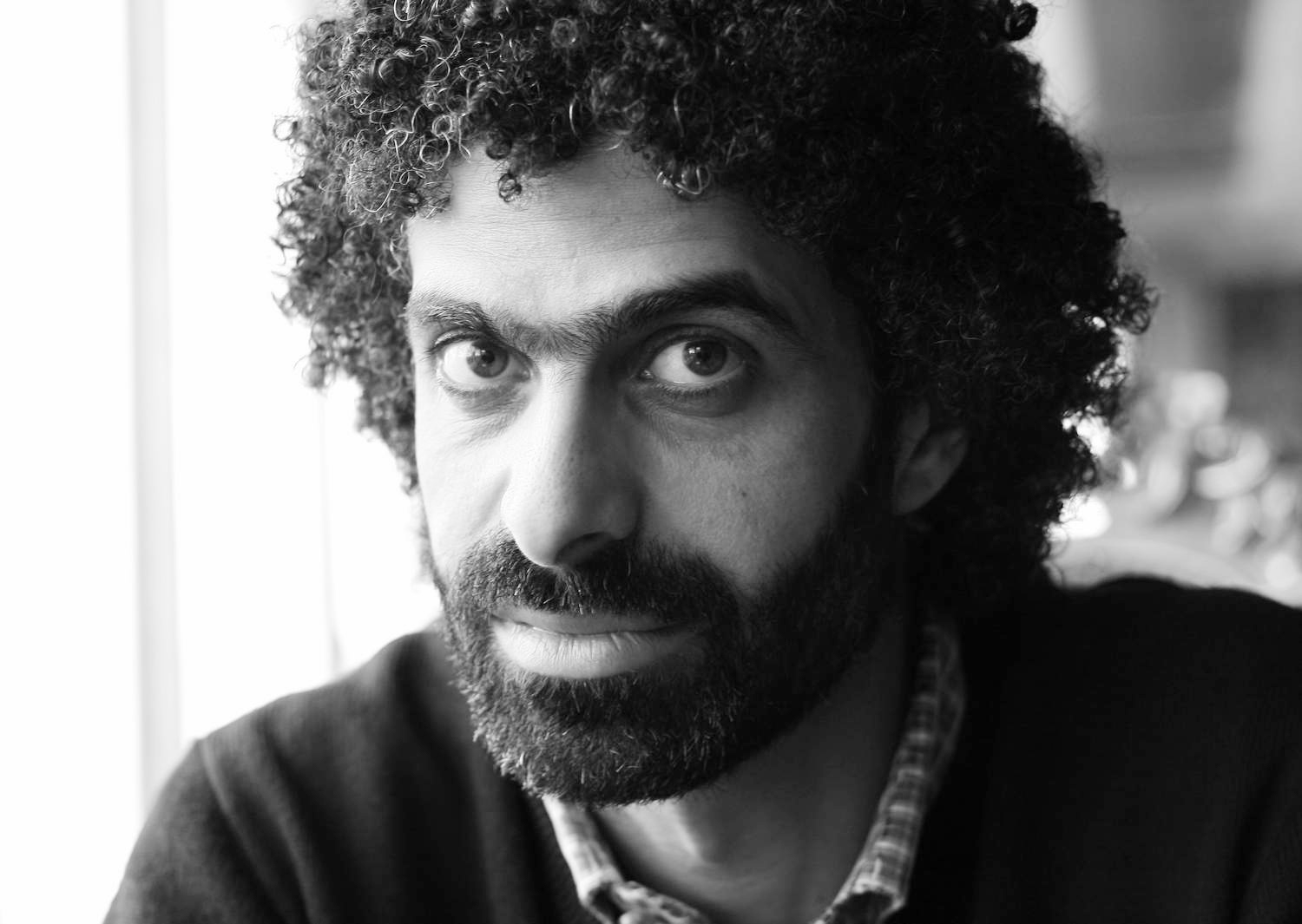By Yossi Beilin
Endless tracts have been written in recent years about the Israeli public’s indifference, its submissiveness and complacency, its capacity to swallow its discontent and leave to the politicians — even if it has no faith in them — the decisions that determine its fate. The excuses the public made for itself were so persuasive that we are still surprised to witness masses of mostly young adults filling the streets of our cities and refusing to go home until they are assured of “social justice”. Israel’s middle class is dwelling in tents, demonstrating every Saturday night and, though some commentators announce every week that this is the last week of protest, the protesters’ presence on the streets merely expands day by day.
As with many such protests, it’s hard to believe that what brought people out to the streets and caused them to tear themselves away from Facebook is the price of cottage cheese, their success in reducing it, or even the price of rental apartments in Tel Aviv. As always, we confront an accumulation of many economic, political and social complaints. People did not take to the streets because of extreme right-wing legislation, the cessation of the peace process, ongoing construction in settlements, or tense relations between the government of Israel and the US administration — but rather, here and now, because of the unjust distribution of resources in Israel.
Why did this happen in the summer of 2011? It’s hard to believe there is no link between the “Arab spring” and the Israeli tent protest.
Of course, the situation in Israel is totally different: citizens can express their views in demonstrations, in elections, through non-governmental organizations, by appealing to the High Court of Justice, and by writing newspaper op-eds — acts that are impossible or barely possible under authoritarian regimes. But one thing is similar: in both the Arab world and Israel, many people had persuaded themselves that they were powerless to make the necessary changes; then, when something did happen and the fire was ignited, they discovered the near-unbearable ease of the capacity to change.
Suddenly people realized that no one could hold back the masses. In a dictatorship, the masses project a threat to the very regime; in a democracy, to whoever is in power. In both cases, the powers-that-be understand the message of the masses: compromise or lose power. Of course there is another way: exercise brutal force and be repudiated by the community of nations.
This sense of power that has suddenly emerged in the Arab capitals and emerged anew in Israel is catching. Another similarity is that no mass display of power in our region is identified with a specific leader. This weakness is exploited by those in power, along with the fact that the demonstrating masses are hard put to play the role of drafting committee and to distill, clarify and express their demands. Inevitably, the lowest common denominator is the demand to remove whoever is in power without knowing who would replace them.
The lack of leadership and absence of clarity are liable to generate a second common denominator: frustration. Change may indeed take place, but it is liable to be smaller than anticipated, and the new leaders may not be that different from those who lost power, democratically or otherwise.
Does the occupation play a role in the Israeli protest arena? Ostensibly, it does not. Israeli demonstrators and protesters are careful not to integrate political issues into their struggle. Their hand is outstretched to settler demonstrators in the West Bank, and some settlers have joined demonstrations in Israeli cities. The simple fact that nearly all inexpensive housing is in West Bank settlements — and was, in the past, in the Gaza Strip — is not on the agenda. Many of the protesters understand full well that, had the right wing not encouraged hundreds of thousands of Israelis to live in settlements and invested a fortune in infrastructure there, much cheaper housing would be available inside sovereign Israel. But they fear lest raising the issue paint them in the colors that the Netanyahu government would prefer to paint them with: leftists and doves.
Nevertheless, any objective observer very quickly grasps what is happening. It’s enough to observe the masses of demonstrators and tent dwellers to understand that they are mainly young, secular, living in the heart of Israel, bearing the primary burden of taxes and reserve duty, and struggling to lead the lives they have a right to live. Whether they wish it or not, this is the most political demonstration Israel has ever witnessed.
Yossi Beilin, a former minister of justice, currently chairs the Geneva initiative and is president of Beilink. This commentary is published by DAILY NEWS EGYPT in collaboration with bitterlemons-international.org.


